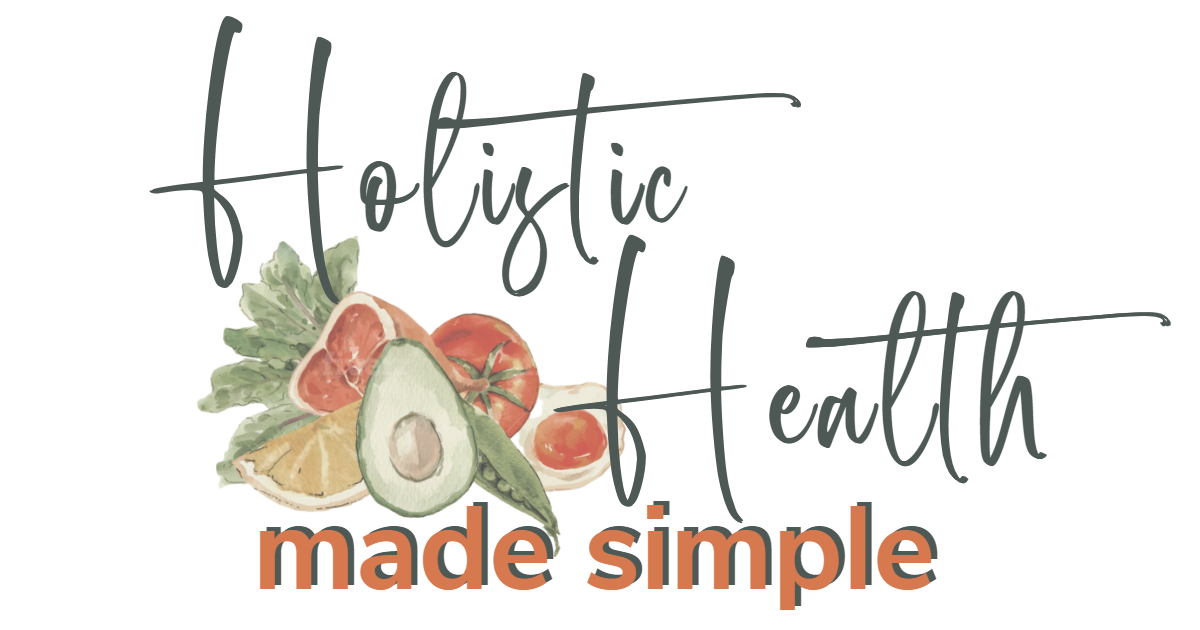Let’s explore abstinence versus moderation. Are you confused about which is the key to a healthy diet? You’re not alone. It’s time to dive into the debate, exploring how these approaches influence our relationship with food, health goals, and long-term health.
Abstinence Versus Moderation: Understanding the Concepts
Before we delve in, let’s establish a clear understanding of the terms. Moderation refers to avoiding dietary extremes. It’s about enjoying treats occasionally while maintaining a balanced overall diet. Abstinence, on the other hand, involves completely eliminating certain foods from your eating plan.
When Moderation Shines
Moderation flourishes for individuals who have developed a healthy connection with food. These individuals can indulge in occasional treats without succumbing to feelings of guilt or a loss of control. They understand that a balanced diet incorporates both nourishing foods and room for some enjoyment.
The Power of Abstinence
For others, abstinence proves to be the most effective strategy. This is particularly true for people with specific medical conditions or allergies, like celiac disease or lactose intolerance. Abstinence can also be a valuable tool for those recovering from eating disorders, as it helps eliminate triggers and establish a sense of control.
The Nuances of Individuality
The beauty lies in the fact that there’s no single answer to the moderation vs. abstinence question. The optimal approach hinges on your unique circumstances. Some individuals discover success by combining both strategies. Perhaps you completely abstain from gluten due to celiac disease, but practice moderation with sugary treats.
Tuning into Your Body’s Signals
The cornerstone of a healthy relationship with food is attentiveness to your body’s cues. If a particular food consistently makes you feel sluggish or unwell, it might be wise to eliminate it altogether. Conversely, if you can enjoy a small portion of a treat without triggering negative consequences, moderation might be your sweet spot.
Beyond the Plate: Cultivating a Holistic Approach
Remember, a healthy relationship with food extends beyond simply what’s on your plate. Here are some additional tips to consider:
- Exercise as Empowerment: View exercise as a way to celebrate your body’s strength and resilience, rather than a punishment for overindulging.
- Fasting with Intention: Approach fasting as a means to promote healing within your body, not as a tool for self-criticism or punishment for perceived dietary transgressions.
- Mindful Tracking: Track your food intake, but avoid becoming fixated on hitting unrealistic targets. Use this information to gain insights into your eating patterns and identify areas for improvement, but prioritize listening to your body’s hunger and satiety cues.
The Takeaway: A Sustainable Journey
The key to fostering a healthy relationship with food lies in discovering what works best for you. Be honest with yourself about your goals and motivations. Listen to your body’s wisdom. There’s no shame in seeking professional guidance from a registered dietitian or therapist if you need additional support on this journey. Remember, a sustainable and balanced approach is key to achieving long-term health and wellness.

